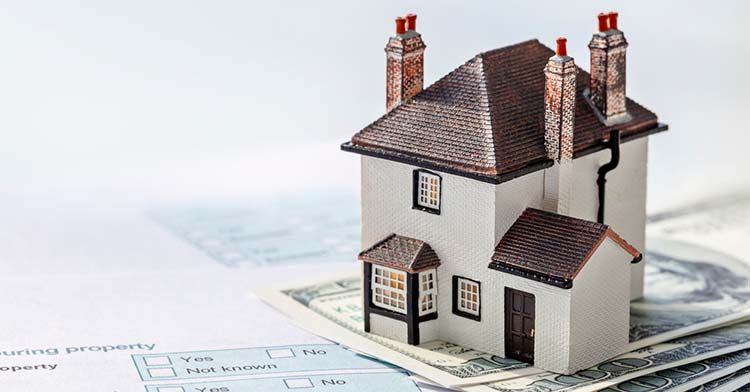The Realized Team’s Picks
What Is The Opportunity Zone 10-year Rule?

Since its introduction five years ago, the Qualified Opportunity Zone program has been described as an economic revitalization program, as well as one offering potential tax-deferral investment opportunities. But from an investment standpoint, some might question whether it’s worthwhile investing in a program that has an end date of Dec. 31, 2026.
What Assets Do Not Get a Step-Up in Basis?

Passing assets on to family is a great way to transition wealth. But there are caveats, which mainly include large tax bills. If not done right, beneficiaries can be left with a tax bill they cannot pay. That's why proper estate planning is essential.
Can I 1031 Into A Qualified Opportunity Zone?

The 26 U.S. Code § 1031 - “Exchange of real property held for productive use or investment,” aka the “1031 Exchange,” aka the “like-kind exchange” has been around for close to a century. Originally initiated as a tool to help farmers better understand land borders, the code allows investors to defer real estate capital gains taxes, by allowing them to “exchange” property into other like-kind investments. Meanwhile, the Qualified Opportunity Zone Program (QOZP) was passed as part of the Tax Cuts and Jobs Act of 2017. The program’s purpose is to encourage investment of capital gains from the sale of assets into federally designated lower-income communities.
Tax Reduction Strategies For Investment Property Owners

Investing in real estate is a potential way to build long-term wealth, produce cash flow, and create a profitable return when you sell an asset. However, these investments have their own unique set of challenges, one of which includes taxes.
Do Capital Gains Count as Income for Obamacare?

The Patient Protection and Affordable Care Act of 2010 provided comprehensive health care reform in an effort to make affordable health insurance available to more individuals. Also known as the ACA or “Obamacare” (as the bill was signed into law by then-President Barack Obama), the legislation enabled uninsured employees and self-employed individuals to buy affordable healthcare insurance.
What Risk Factors Should I Consider When Retiring?

Retirement comes with a host of things to consider, the least of which is whether you should take up pickleball. For many seniors, making their money last is an overarching concern. There are a handful of risk factors that could jeopardize your retirement nest egg, including inflation, market volatility, how long you live, how much you spend, and the state of your health as you journey into your Golden Years.
What You Should Know About Alternative Investments and PPMs

This article was written by Realized Head of Wealth Management Rob Johnson and originally appeared on Forbes.com. You can find the full article here.
How Do You Determine If Your Property Is in a Designated Qualified Opportunity Zone?

The 2017 Tax Cuts and Jobs Act established the Qualified Opportunity Zone (QOZ) program to provide tax incentives to invest in lower-income communities across the United States, the District of Columbia, and five U.S. territories. The program’s goal was to stimulate economic development by incentivizing investors to reinvest capital gains in real estate property or businesses located in economically distressed communities.
Can Capital Gains Be Carried Forward?

Selling an asset for a profit will likely generate a capital gains tax liability. Capital gains are often associated with investments such as stocks or real estate, but they also apply to your primary residence, as well as a wide range of alternative assets such as collectibles, fine art, cryptocurrencies, and precious metals.
Do I Need A Qualified Intermediary For My Opportunity Zone Investment?

One question we sometimes hear at Realized is: “Do I need a Qualified Intermediary for my Opportunity Zone investment?” This confusion is understandable. A successful Qualified Opportunity Zone (QOZ) investment requires a knowledgeable Qualified Opportunity Fund (QOF) manager, or Sponsor. Meanwhile, the 1031 exchange also requires assistance from a third-party source, known as a Qualified Intermediary (QI).


